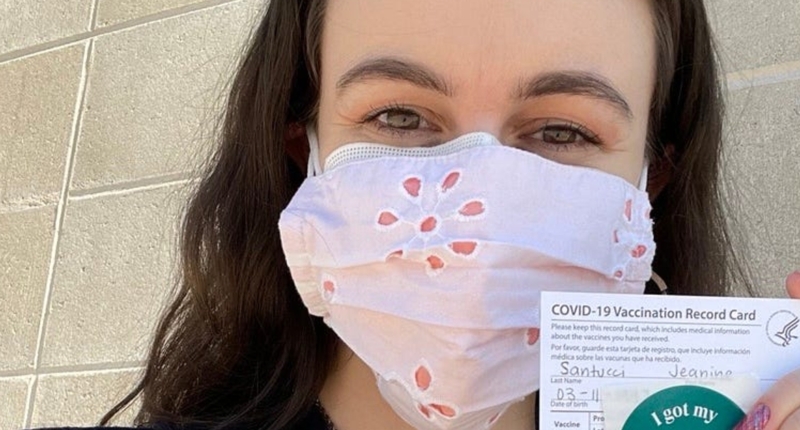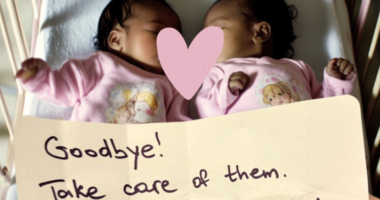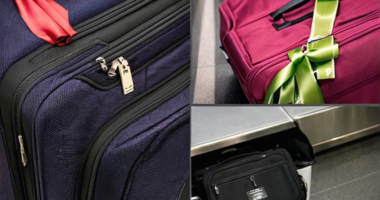The COVID-19 pandemic continues to have devastating effects on people’s health, with long-term symptoms ranging from loss of smell to cognitive dysfunction, and more than one in four adults who have had the infection experiencing long COVID. Thousands of people are still dying from COVID-19 every week in the United States, highlighting the need for antiviral treatments. To mitigate the risk of COVID-19, well-fitting masks and clean indoor air quality are important tools. The country’s politicians have prioritized their elections and popularity over health, with the Biden administration ending the public health emergency and not encouraging mask-wearing. Immunocompromised people are made outcasts when mask mandates are removed in essential places, and simply putting on an N95 mask when going out can show that we care about vulnerable people. Adjustments are needed to make society equitable for all.
A Letter to My Loved Ones about COVID-19: Still Living in Fear and Anger Three Years Later
As the COVID-19 pandemic continues to rage on, with many individuals trying to adjust to their “new normal,” I find myself feeling increasingly afraid and angry. Three years after the initial outbreak, people are still dying from this virus, yet it seems like everyone is moving on. This letter is for you, my dear loved ones, to shed some light on why I am still living in fear and how COVID-19 has impacted my life.
My Life in Quarantine
I vividly remember calling you, my childhood friend, sibling, favorite co-worker, dad, or cousin, over three years ago to inform you that I would be quarantining myself due to my underlying medical condition. As a journalist and a public health enthusiast, I was already well-informed about the severity of this pandemic and knew I would be isolating for an extended period. It was my birthday, March 11, 2020, and the ninth anniversary of my diagnosis with Type 1 diabetes.
When we spoke, I predicted that the country would soon shut down, and we would be in quarantine for at least a year. However, as the months dragged on, it became apparent that the situation was more severe than I had initially imagined. The world continued to move on, but I remained isolated, scared, and angry.
How COVID-19 Has Changed Us
The COVID-19 pandemic has forever changed our lives, and we are still struggling to adapt. Despite the world moving on, I am still wearing an N95 mask whenever I go outside, sanitizing my hands, and testing my family weekly due to our continuous exposure through public school. While I am not entirely hunkered down in my apartment like before, I am still cautious about going out in public and only meet friends outdoors while adhering to COVID-19 protocols.
Amid all this, my life has also continued to progress. I moved into a new house, became a parent, and am now responsible for the well-being of another human being. My mother moved to live with me, and I am now taking care of her health as she is at higher risk due to her age.
We Know More about COVID-19 Now
Today, we know more about COVID-19 than we did three years ago. For instance, we know that it is airborne and can be spread through activities such as exercise, coughing, or sneezing. Thus, social distancing, as we knew it in 2020, is no longer as effective. Studies have shown that COVID-19 moves through the air, much like cigarette smoke, making masks, filters, and proper ventilation more critical now than ever before.
Conclusion
As the COVID-19 pandemic continues, it’s essential to remain vigilant, take necessary precautions, and continue to adapt to our “new normal.” Despite all the progress we have made, I remain fearful and angry, especially as many people continue to ignore the severity of this pandemic. However, I will continue to do my part by following the recommended safety protocols and keeping my loved ones safe.
The Devastating Effects of COVID-19: Long-Term Impacts and Ongoing Risks
While COVID-19 may seem mild at first, it can have severe and long-lasting effects on the body, even for healthy individuals or children. Each additional infection puts us at increased risk, with more than one in four adults experiencing long-lasting symptoms, otherwise known as long COVID. Despite vaccinations and boosters, even vaccinated individuals are reporting COVID-19 to be the worst illness they’ve ever had.
Long-Term Impacts of COVID-19
We’re not just talking about ongoing loss of smell, but also cardiovascular damage and cognitive dysfunction. Chronic fatigue and short-term memory loss are also commonly reported, with impacts that might last for months, or even years. These symptoms can have a significant impact on daily life, making it difficult to perform simple tasks, such as spending time with loved ones.
Ongoing Risks of COVID-19
More than three years since the initial outbreak, thousands of people are still dying from COVID-19 every week in the United States alone. It’s essential to remain vigilant and take necessary precautions, such as wearing masks, social distancing, and getting vaccinated, even with antiviral treatments becoming more accessible.
Conclusion
As the COVID-19 pandemic continues, it’s crucial to remember the ongoing risks and long-term impacts. We must continue to prioritize public health and take the necessary precautions to protect ourselves and our loved ones. By staying informed and taking action, we can work together to combat this pandemic and overcome its devastating effects.
Mitigating the Risk of COVID-19: Effective Strategies for a Safe and Full Life
It’s understandable not to want to sacrifice your quality of life three years into the pandemic, but there are steps you can take to mitigate your risk of COVID-19 without drastically altering your lifestyle. By following effective strategies, you can keep yourself and your loved ones safe.
Effective Strategies to Mitigate COVID-19 Risk
High-quality, well-fitting masks, such as N95s, KN95s, KF94s, or higher-filtration elastomeric respirators, are effective at reducing transmission of the virus. Loose-fitting surgical masks and cloth masks are not as effective. These masks work best when more people wear them.
Indoor air quality is also crucial in mitigating the risk of COVID-19. Scientists are advocating for better ventilation and air filtration in schools, workplaces, and businesses serving the public to improve indoor air quality.
Next-generation vaccines are being studied to address all coronaviruses. Nasal vaccines look very promising for better protection by combatting the virus at its source.
The Failures of Our Leaders
It’s unfortunate that some politicians prioritize their elections and popularity over public health. It’s important to listen to science, epidemiology, and immunology experts, rather than politicians refusing to acknowledge that COVID-19 is airborne, and that masking and clean air are effective tools.
Conclusion
By implementing effective strategies such as wearing high-quality masks, improving indoor air quality, and getting vaccinated, we can mitigate the risk of COVID-19 and continue living our busy and full lives. It’s essential to stay informed and prioritize public health, especially during the ongoing pandemic.
Why It’s Important to Continue Taking COVID-19 Precautions
As we continue to navigate the COVID-19 pandemic, it’s important to remember that some of the most vulnerable members of our society are still at risk. Immunocompromised individuals and those with chronic illnesses have been made outcasts due to the removal of mask mandates in healthcare settings and essential places. This is why it’s crucial to continue taking precautions to protect ourselves and others.
The Value of Wearing an N95 Mask
Simply putting on an N95 mask when going out can make a significant difference in keeping vulnerable individuals safe. It shows that you care about their health and wellbeing.
The Need for Equitable Adjustments
Living in a new normal requires adjustments to make society more equitable. Everyone must make a risk calculation for themselves when deciding whether to mask up or engage in certain activities. However, it’s important to consider the risks to vulnerable individuals and make responsible decisions.
The Lives of the Unwell Are Valuable
Statements made by public figures that seem dismissive of the value of the lives of the unwell can be hurtful and discouraging. It’s important to remember that the lives of immunocompromised and chronically ill individuals are just as valuable as anyone else’s.
In conclusion, we must continue to take COVID-19 precautions to protect the most vulnerable members of our society. By wearing an N95 mask and making responsible decisions, we can help ensure that everyone can be a part of society and live their lives to the fullest.
Don’t miss interesting posts on Famousbio









